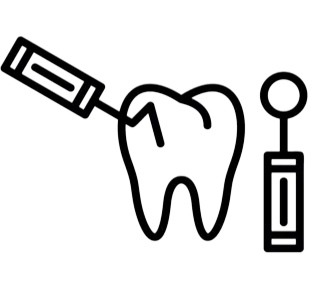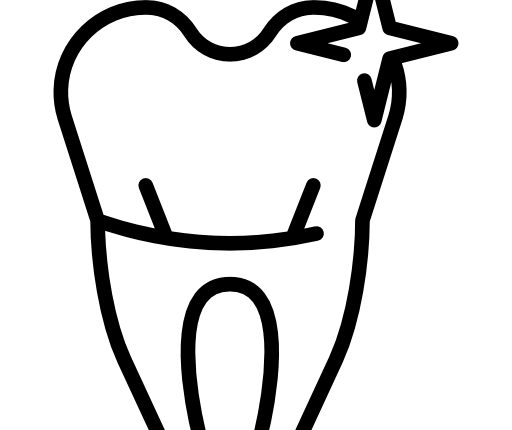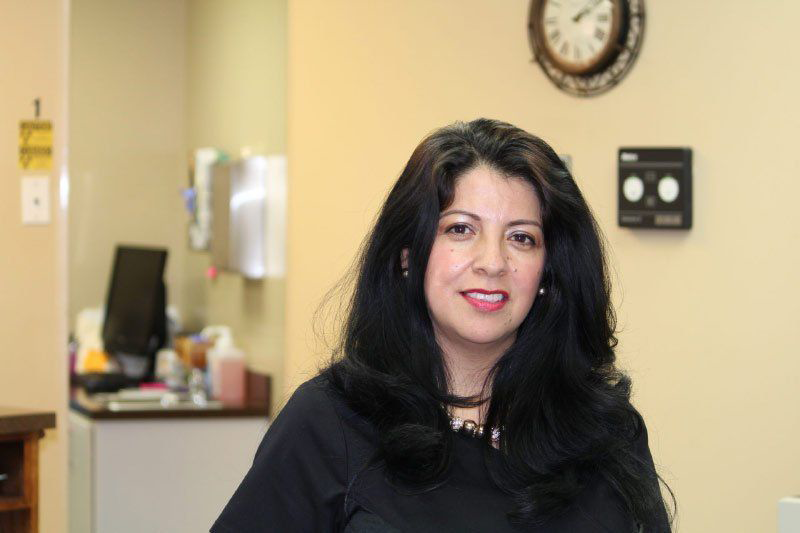Are you tired of hiding your smile because of missing teeth? You're not alone. Many people face the challenge of tooth loss at various stages in life, but there’s a solution that can transform not just your grin, but also your overall oral health: dental implants. These innovative restorations are becoming increasingly popular among individuals of all ages, offering more than just aesthetic benefits. They play a crucial role in maintaining and improving oral health long-term.
Whether you're a young adult facing an unexpected dental issue or an older individual looking to restore functionality and confidence, dental implants may be the perfect fit for you. Let’s dive deeper into how these remarkable advancements in restorative dentistry can enhance oral health across all age groups while addressing some common concerns along the way.
Benefits of Dental Implants for Different Age Groups
Dental implants offer remarkable advantages for various age groups, making them an ideal choice across generations. For younger individuals, these implants provide a permanent solution to missing teeth, promoting both confidence and proper jaw development.
Adults often appreciate the enhanced functionality that dental implants deliver. They restore biting strength and allow for natural eating habits, which is crucial for maintaining nutrition and overall health.
For seniors grappling with tooth loss, dental implants can significantly improve quality of life. They help prevent bone loss in the jaw and reduce facial sagging, contributing to a more youthful appearance.
Moreover, dental implants require no special maintenance compared to dentures or bridges. This ease of care makes them appealing for everyone, from young adults to seniors, seeking reliable tooth replacement options that fit their lifestyle needs effortlessly.
Age-Related Oral Health Concerns and How Dental Implants Can Help
As we age, our oral health can face a variety of challenges. Gums may recede, and bone density can diminish. These changes often lead to tooth loss, impacting both functionality and aesthetics.
Dental implants serve as an excellent solution for older adults experiencing these issues. They provide stability that dentures cannot match, allowing for better chewing and speaking abilities.
For younger individuals facing trauma or decay, dental implants offer a permanent alternative to bridges or partials. This means less hassle with removable devices while preserving the integrity of surrounding teeth.
In all age groups, increased confidence follows the restoration of one’s smile. With proper care, implants integrate seamlessly into the jawbone and function like natural teeth—making them an ideal choice across generations.
Success Rates and Long-Term Effects of Dental Implants
Dental implants boast impressive success rates, often exceeding 95% in well-cared-for patients. This high level of reliability is attributed to advancements in technology and techniques within restorative dentistry.
Long-term effects are equally promising. Many individuals enjoy the benefits of dental implants for years, if not decades. Unlike bridges or dentures, which may require replacement over time, implants fuse with the jawbone and become a permanent fixture.
Patients often report improved chewing ability and confidence when smiling. With proper oral hygiene and regular dental check-ups, these enhancements can lead to better overall health.
Moreover, dental implants help preserve bone density by stimulating the jawbone during activities like eating. This counteracts bone loss that typically follows tooth extraction, promoting a healthier mouth structure as one ages.
The Cost of Dental Implants vs. Other Tooth Replacement Options
Dental implants can seem pricey at first glance. However, when you compare their longevity and benefits to other replacement options, they often prove more economical in the long run.
Bridges and dentures may have lower upfront costs, but typically require replacements or adjustments over time. This ongoing expense adds up quickly.
Implants are designed to last for decades, sometimes even a lifetime, with proper care. Their durability means fewer visits to the dentist for repairs or replacements.
Moreover, dental implants help preserve jawbone health, preventing further complications that could arise from tooth loss. Treating bone loss later can be costly compared to investing in an implant now.
While initial financial commitment might feel daunting, consider it an investment in your oral health for years ahead. The value of improved aesthetics and function is hard to quantify but certainly significant.
Preparing for a Dental Implant Procedure: What to Expect
Preparing for a dental implant procedure involves several steps to ensure everything goes smoothly. Your dentist will likely schedule a comprehensive examination, which may include X-rays or 3D imaging. This helps in assessing your jawbone and planning the placement of the implant.
Before the actual day, it's common to discuss any medications you’re currently taking. Certain drugs can affect healing and recovery times. Your dentist may provide specific guidelines on what to avoid prior to surgery.
On the day of your appointment, arrive with someone who can drive you home afterward, especially if sedation is used. Wear comfortable clothing and consider bringing along music or something relaxing; it can help ease any nerves.
Understanding that some swelling or discomfort is normal post-procedure sets realistic expectations for your recovery journey ahead.
Post-Procedure Care and Maintenance Tips for Optimal Oral Health
After your dental implant procedure, proper care is essential for healing.
- Begin with soft foods to avoid putting pressure on the implant site. Think yogurt, smoothies, and mashed potatoes during those initial days.
- Maintaining oral hygiene is crucial. Gently brush your teeth, but steer clear of the implant area for the first few days. Use an antibacterial mouthwash to keep bacteria at bay without disrupting the healing process.
- Regular follow-ups are important too. Schedule appointments with your dentist to monitor progress and ensure everything is integrating well.
- Stay hydrated by drinking plenty of water; this promotes saliva production, which helps in natural cleaning and healing.
- Avoid tobacco products as they can hinder recovery significantly. Instead, focus on a balanced diet rich in vitamins that support tissue regeneration. Prioritize these habits for a smooth recovery journey post-implantation. Contact us to learn more.
Conclusion
Dental implants offer a transformative solution for individuals seeking to enhance their oral health, regardless of age. They are not merely about replacing missing teeth; they contribute significantly to overall well-being by improving functionality and aesthetics. For children, teenagers, adults, and seniors alike, the benefits of dental implants extend beyond just a smile.
As we navigate through various stages of life, our oral health needs change. Dental implants can address unique challenges at every age group while ensuring that patients maintain optimal dental hygiene. With impressive success rates and longevity when properly cared for, implants stand out as a reliable option in restorative dentistry.
Though the initial investment may seem daunting compared to other tooth replacement options like bridges or dentures, many find that the long-term benefits outweigh these costs considerably. Preparing for an implant procedure is straightforward with proper guidance—from understanding what to expect during treatment to post-care advice on maintaining those beautiful new teeth.
Considering all these factors makes it clear why more people in Winston-Salem are turning towards restorative dentistry solutions like dental implants. This choice not only restores smiles but also enhances confidence and quality of life across generations. Restoring your smile could very well be one step away from revitalizing your entire approach to oral health.
To find out more about the dental services we offer at Eric J. Sadler, DDS & Associates, Winston-Salem, NC, call (336) 744-1300 or schedule an online consultation. You can also visit our Dentist in Winston-Salem, NC at 3801 Indiana Avenue, Winston-Salem, NC 27105.









